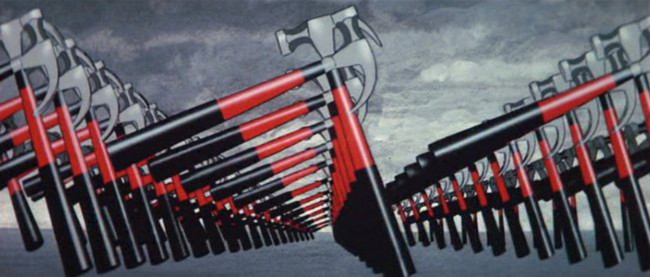
While going to power is the prime motivation in politics, a good politician seeks power to change the country. A bad one does the opposite. He doesn’t hesitate to change the country to seek power. Ershad has been comparable to a chameleon that changes colours to match its surroundings.
The failure of this yesteryear autocrat lies in the vicious circle he has made of himself. He craves for power because he can’t have it, and he can’t have power because he craves for it so much. John Keats explains this dilemma in his poem On Fame. He writes “Fame, like a wayward girl, will still be coy/To those who woo her with too slavish knees/But makes surrender to some thoughtless boy/And dotes the more upon a heart at ease.”
It’s a pity that Ershad’s heart hasn’t been at ease for all these years, and his mind is still hooked on power. True, politics is a means to that end but there is an end to every end. Since he was forced to abdicate in 1990, Ershad has shuffled between his many contradictions. His has been the unending saga of a wandering madman frantically seeking the touchstone.
By all means, one can live for hundreds of years if one finds one’s place in history. Maybe, Ershad was allegorical when addressing his party members. Maybe, he was referring to his place in history, instead of actually breathing and kicking for hundred more years.
Politicians spend a lifetime going where Ershad started politics, and he has enjoyed power for many long years. Unfortunately, his mind still roams the blind alleys of power instead of the highways of politics. As of now, he will be remembered for his addiction to power, unless he wishes to change and concentrate on useful politics. History repeats itself if people choose not to learn from their follies.
Source: The Daily Star









